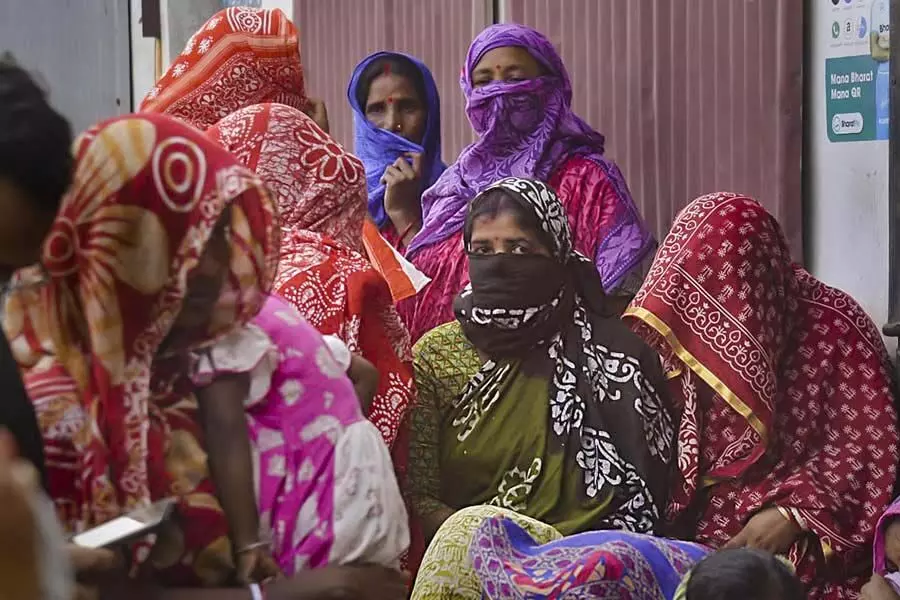The National Commission for Scheduled Tribes has issued notices to the Central and West Bengal governments seeking factual and action taken reports on the issues of child marriage, human trafficking, human-wildlife conflict and corruption prevalent in the Sundarban region of the state.
The commission issued the notice last week following a representation by rights activist and Supreme Court lawyer Radhakant Tripathi.
Tripathi, in his representation to the National Commission for Scheduled Tribes (NCST), said the tribal population in the area (2,11,927), which mainly consists of Munda, Santhal, Bhumij and Oraon tribes, remains marginalized despite being the earliest inhabitants. .
He highlighted that child marriage was prevalent in the Sundarbans, a group of low-lying islands in the Bay of Bengal famous for its unique mangrove forests.
It is common for girls to get married at the age of 15-16. Tripathi said around 15 cases of underage marriage are reported every year in Hasnabad panchayat, adding that the conservative approach contributes to the high rate of child marriage.
Human trafficking is a major concern, the activist said, with West Bengal ranking second in the number of missing women and girls.
According to the National Crime Records Bureau (NCRB), 1,56,905 women and 36,606 girls were reported missing in the state in 2019-20.
“Traffickers exploit economic needs, dysfunctional families, romantic relationships and mental disorders. Lack of education and poor socio-economic conditions in the villages of North 24 Parganas are major factors,” the representation said.
The struggle for survival of indigenous people in the Indian Sundarbans, home to more than 100 tigers, has intensified due to environmental challenges, leading to man-animal conflict and hardships for affected families, rights activists said.
Illegal construction and environmental violations in Ramsar sites including East Kolkata Wetlands and Sundarbans have been highlighted in the recent audit report of the Comptroller and Auditor General (CAG), he said.
Tripathi also alleged that residents of the Sundarbans do not have access to essential services like safe drinking water, health care, education and proper infrastructure, which is a violation of their right to life and basic amenities.
He said the implementation of social welfare schemes is inadequate, increasing the plight of the marginalized population.
The lawyer requested a detailed investigation of the case by a team of officials and a comprehensive report from the Chief Secretary, District Collectors and the Ministries of Environment and Rural Development.
